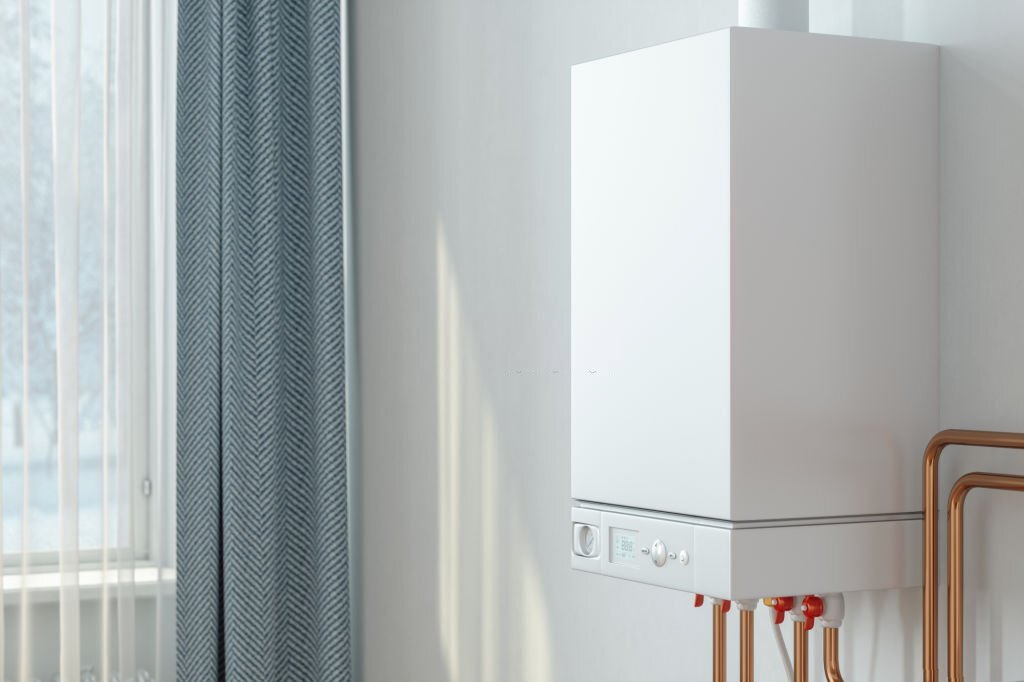Selecting the appropriate hot water system for your home is a pivotal decision that can influence your everyday life, budget, and even the environment. The question is, with a myriad of options at your disposal, how do you determine the best fit for your needs? Being well-informed about the various types of hot water systems and their respective advantages is key to making a sound choice.
Hot water systems come in a variety of shapes and sizes, each with its unique set of benefits. For instance, solar hot water systems are a fantastic eco-friendly option that can drastically reduce your carbon footprint and save on energy costs. Alternatively, gas hot water systems can provide a continuous flow of hot water, making them a practical choice for larger households. Electric hot water systems, on the other hand, are easy to install and usually cheaper upfront, but often carry higher operating costs.
Regardless of the type, what’s crucial is understanding your household’s specific hot water needs. A system that works wonders for a large family may not be the best fit for a single-person household. Factors such as the size of your home, number of occupants, lifestyle habits, and budget all play a significant role in your decision.
By taking the time to understand the different types of hot water systems and how they align with your needs, you’re investing in a solution that will provide comfort, efficiency, and sustainability for years to come. The right choice can bring about significant changes, not only in your energy bills but also in your overall quality of life. Explore your options, ask the right questions, and make your decision a well-informed one.
Conventional Storage Tank Water Heaters
This type is the most popular hot water system in homes today. The system uses either electricity or gas to heat the water, which is then released when a faucet is turned on. However, once the tank runs out of hot water, it takes time to heat up the next batch, which can be inconvenient.
Tankless Water Heaters
Unlike conventional heaters, tankless water heaters provide hot water on demand. When a hot water tap is turned-on, cold-water travels through a pipe into the unit where it is heated instantly. This system is more energy efficient as it eliminates the need to maintain a tank of hot water. However, they typically have a higher upfront cost.
Heat Pump Water Heaters
Heat pump water heaters, also known as hybrid water heaters, use electricity to move heat from the air or ground to heat the water. This makes them extremely energy efficient. However, they work best in warm climates and require a specific amount of space for installation.
Solar Water Heaters
Solar water heaters use solar panels, usually installed on the roof, to collect heat from the sun, which is then used to heat the water. These systems are highly energy-efficient and environmentally friendly, but they do require a significant upfront investment.
Indirect Water Heaters
Indirect water heaters use the main furnace or boiler to heat a fluid that’s circulated through a heat exchanger in the storage tank. The main advantage of these systems is that they don’t require a separate energy source, making them more energy-efficient than conventional systems.
Hot Water System Costs
The cost of hot water systems varies greatly depending on the type. While conventional storage tank heaters and tankless heaters are generally more affordable upfront, solar and heat pump systems can be more expensive. However, the latter types can save you money in the long run due to their energy efficiency.
Energy Efficiency and Hot Water Systems
While all systems can provide hot water, some do so more efficiently than others. Solar and heat pump water heaters are among the most energy-efficient options, but your climate and energy costs should also be considered.
Hot Water System Maintenance
Maintaining your hot water system can extend its lifespan and improve its efficiency. Regular maintenance tasks include checking for leaks, flushing the system to remove sediment, and inspecting the anode rod. It’s also worthwhile to insulate your water heater to reduce heat loss.
Conclusion
The type of hot water system you choose can have a significant impact on your home’s comfort, energy costs, and environmental footprint. Whether you opt for a conventional storage tank, a tankless system, a heat pump, or a solar heater, each choice offers unique benefits and drawbacks. By considering your specific needs, budget, and local climate, you can choose a system that will be a perfect fit for your home.


